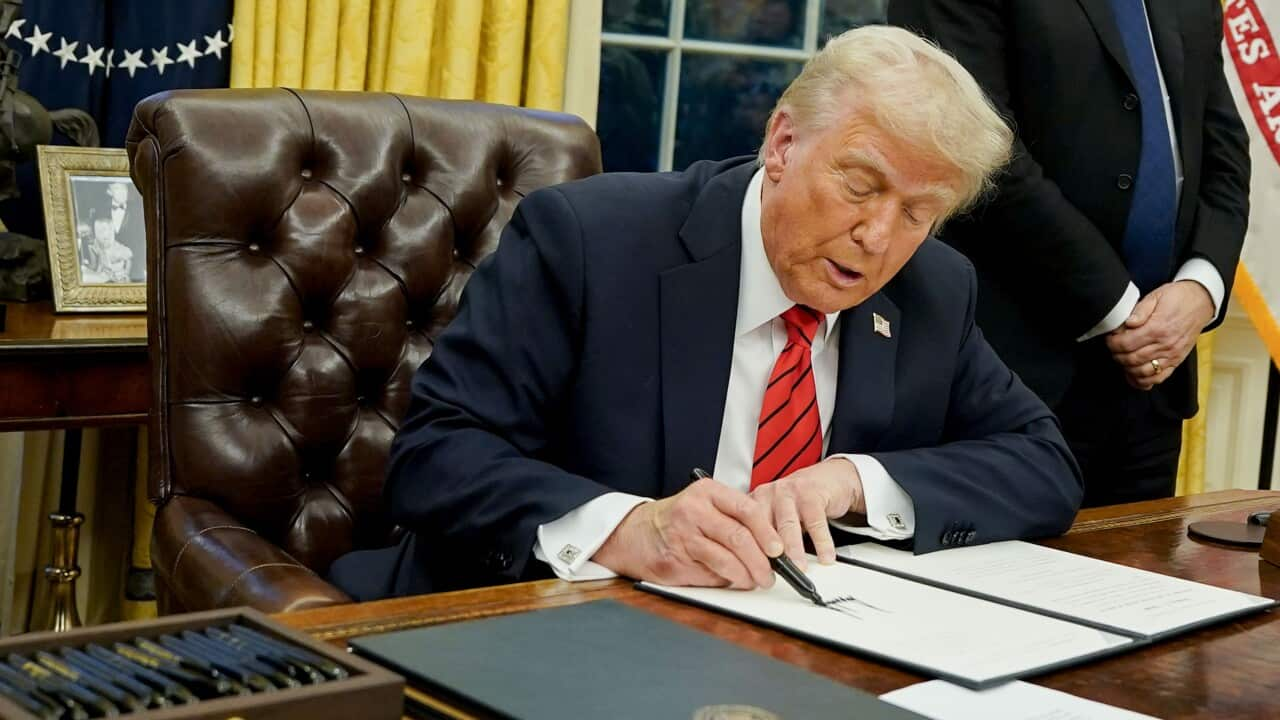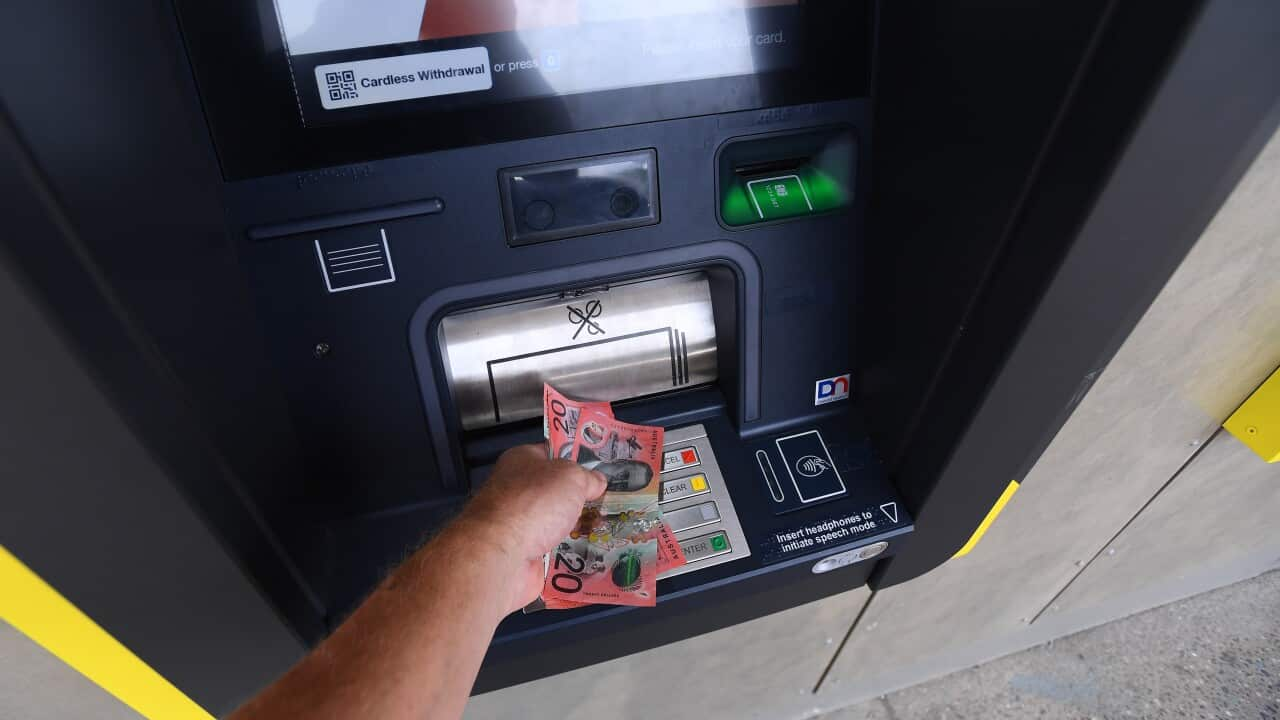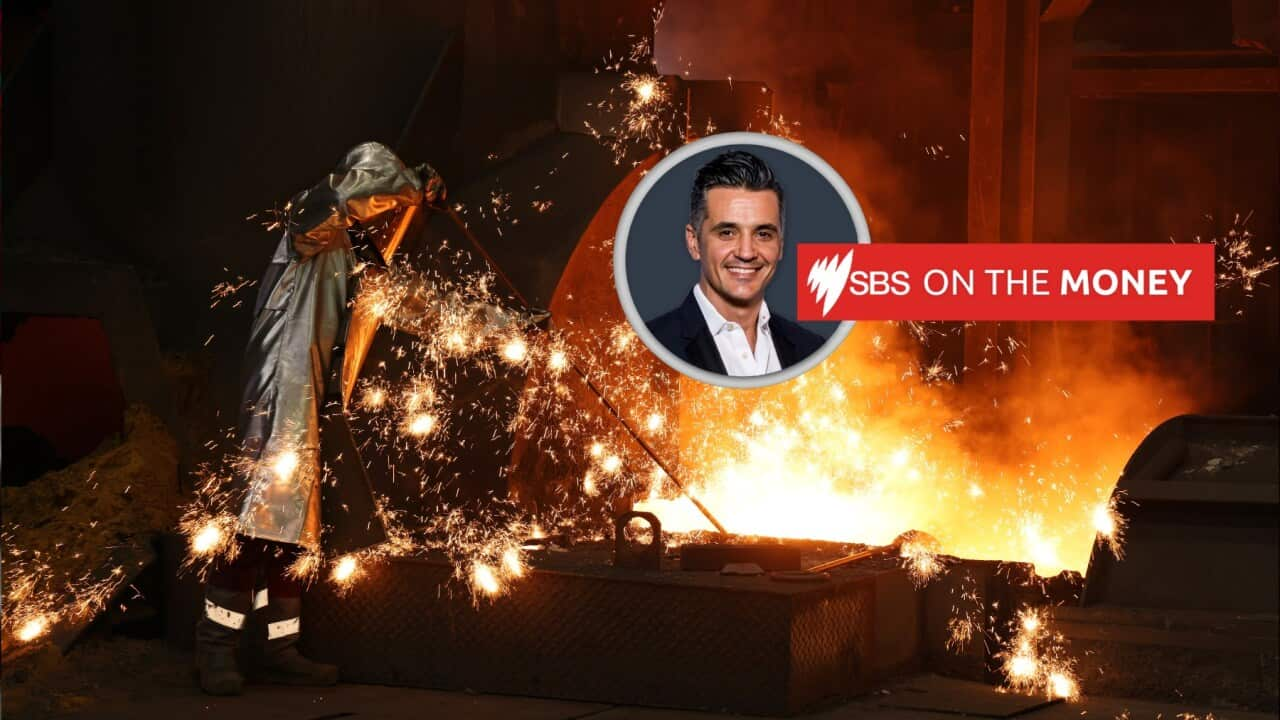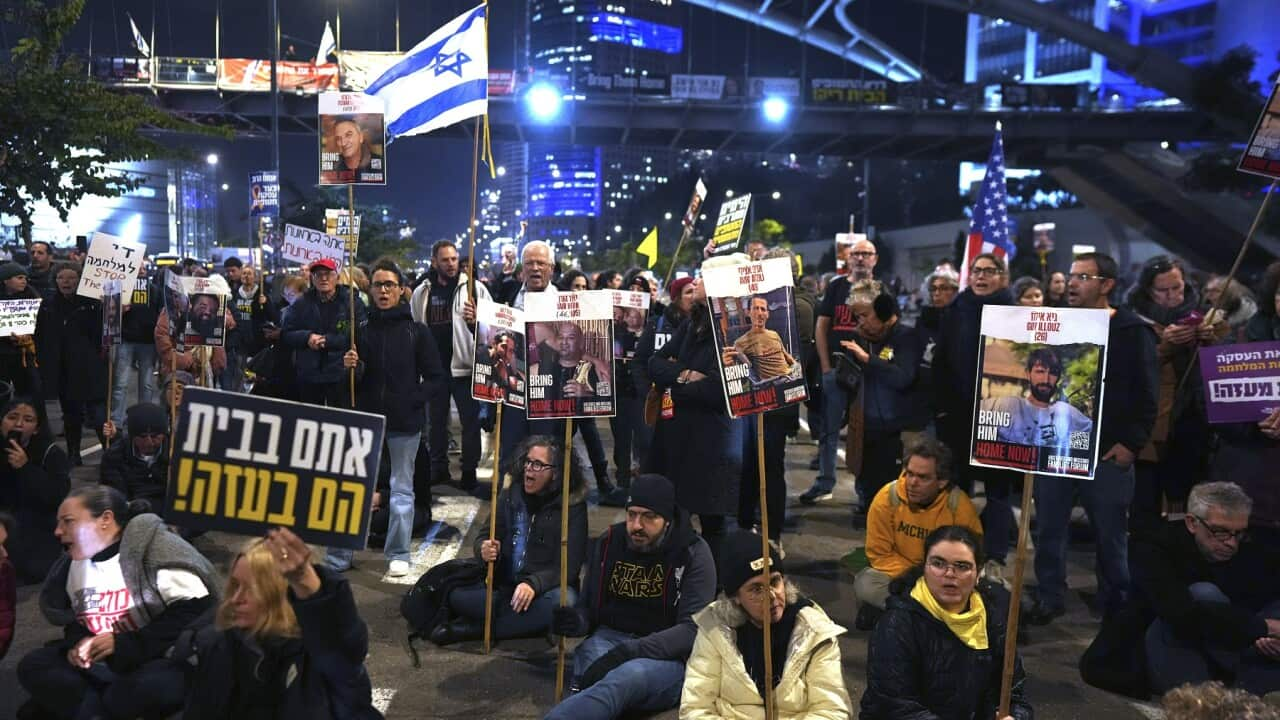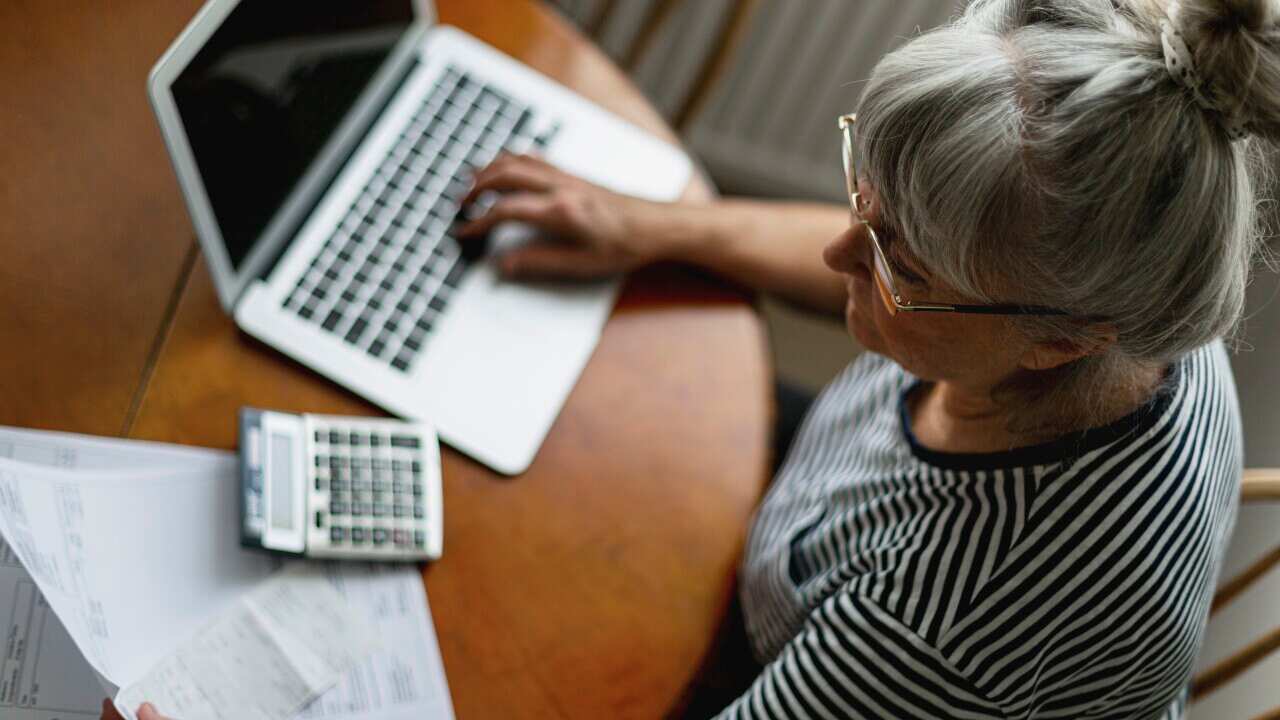TRANSCRIPT
Tariff.
"It's one of the most beautiful words in the dictionary."
The Australian government and industry would disagree.
"No, no, the word tariff is very misunderstood."
On Tuesday morning President Donald Trump slapped a 25 per cent tariff on all imported steel and aluminium as he seeks to put US industry first.
That's despite an eleventh hour call with Australian Prime Minister Anthony Albanese, who was seeking to secure a special carve out.
"The US president agreed an exemption was under consideration, in the interests of both our countries."
Shortly afterwards, President Trump signed an executive order.
There was no exemption.
"Protecting our steel and aluminium industries is a must and today I'm simplifying our tariffs on steel and aluminium so everyone can understand exactly what it means. It's 25 per cent without exemptions or exceptions. That's all countries, no matter where it comes from; all countries."
This is worrying news for Australian business, with the Minerals Council of Australia saying the tariffs will have significant detrimental effects.
The peak industry body says it is working closely with the Department of Trade and Foreign Affairs to assess the risks and implications.
Australian Industry Group Chief Executive Innes Willox has called the Trump tariffs a "slap in the face".
"There's significant - this has come out of the blue that Australia would be impacted despite the best efforts of Australian negotiators to exempt Australia. Now the hard work begins to get Australia cut out of these tariffs. If we don't, there's significant costs for Australian industry.”
Australia has secured exemptions before, when Mr Trump introduced similar tariffs in his first term, during the Prime Ministership of Malcolm Turnbull.
But ahead of Mr Albanese's call with President Trump, Mr Turnbull told the ABC such a carve out may no be achievable this time around.
"It may be that the... this Trump is determined to impose this tariff on every country, no matter what, in which case it won't be possible to secure an exemption. All the Australian Prime Minister can do is use all of his advocacy skills and play a straight bat and defend the Australian national interest, but do not be misled by the idea that there's any altruism in Washington towards Australia."
As Canberra continues to push for an exemption, one major factor is stacked in our favour: Australia has a significant trade surplus with the US.
That means the value of goods and services imported from the U-S is greater than the value of what we export.
From Donald Trump's perspective, that's a good thing.
Here he is after speaking with Prime Minister Albanese today.
"I just spoke to him, very fine man, and he has a surplus. I mean, we have a surplus with Australia, one of the few, and the reason is they buy a lot of airplanes. They are rather far away, and they need lots of airplanes, and we actually have a surplus. It's one of the only countries which we do, and I told him that that's something that we will give great consideration to."
In the meantime, industry groups warn the tariffs on steel and aluminium will have negative impacts for industrial production, and beyond, with the potential for flow on affects in defence, technology and advanced manufacturing supply chains.
Perhaps more consequential will be the impact on China - by far the biggest export market for Australian iron ore, which is used to make steel - and a major source of revenue for federal budgets.
Mr Trump has already slapped a separate, sweeping 10 per cent tariff on imports from China at the start of this month.
But in other cases, Mr Trump has backed down, and used tariffs as a bargaining tool.
He threatened 25 per cent tariffs on Canada and Mexico but put them on hold after those neighbouring countries agreed to do more to address irregular immigration.
This combined with the promise of "great consideration" around the case put by Anthony Albanese today may give Australia hope.
Still, securing an exemption could take some time.
It took the Turnbull government several months to get a carve out from the first Trump administration.
Opposition Leader Peter Dutton confirms he is trying to help speed that up, saying Mr Trump's tariffs risk damaging the US-Australia alliance.
"We have fought for over a hundred years side by side with the United States. They're obviously part of the Five Eyes compact. There is clearly a very important people to people link that has spanned generations through the different arrangements that we've had in the trade space, in science, in many areas of mutual endeavour."
The Prime Minister, for his part, pointing to Labor's success in ending Chinese tariffs on Australian goods as evidence the government can get a result.
"What I envisage is continuing to act - to respond diplomatically. That's how you get things done. My government has got a record of getting things done in Australia's national interest. I'll continue to do so."
A delicate, diplomatic dance with a key ally, where there is little room for missteps.
